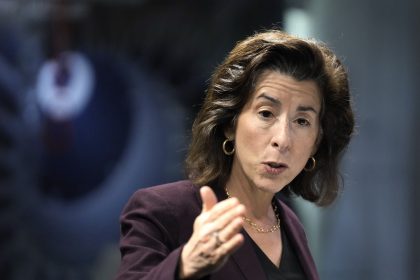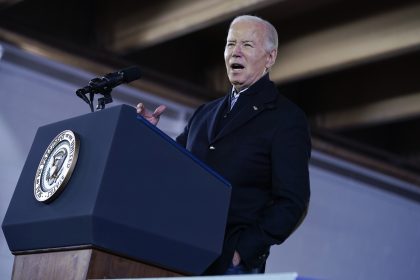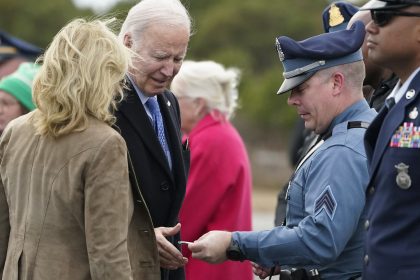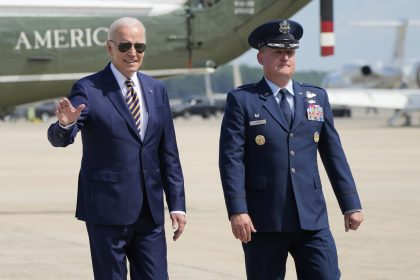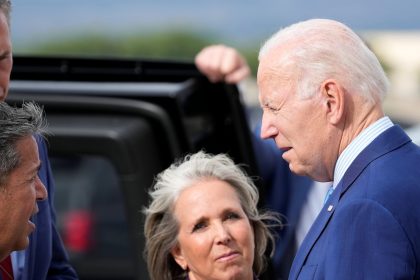Bipartisan Senate Bill Seeks to Promote Energy Efficiency, Tech in Manufacturing
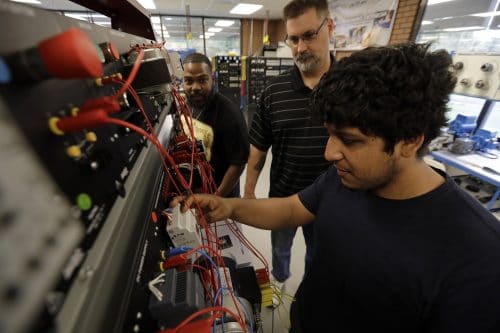
Senators Jeanne Shaheen, D-N.H., and Lamar Alexander, R-Tenn., introduced a bill this week to help small- and medium-sized manufacturers adopt technology to improve their business processes, increase their energy efficiency and curb the wasteful use of resources.
The bill, titled the Smart Manufacturing Leadership Act, stems from a belief that while advanced technologies are helping large manufacturers better compete in the global marketplace, smaller companies are hamstrung by a lack of knowledge, expertise and a simple lack of funds to invest in this area.
A companion bill has been introduced in the House by Representatives Peter Welch, D-Vt., and Tom Reed, R-N.Y.
The proposed legislation directs the U.S. Energy Department to work in coordination with the National Academies and other federal agencies to develop a national smart manufacturing plan.
As part of that effort, the DOE is directed to expand the scope of its existing technical assistance programs and increase access to computing resources at the U.S. National Laboratories to small- and medium-sized businesses.
The sponsors contend adopting such a plan will “transform” the manufacturing sector’s use of energy, water, labor and other raw materials and pay widespread dividends to the U.S. economy.
Manufacturing activity currently represents about 20 percent of the U.S. economy, employs about 13 percent of all working Americans, and accounts for about a third of the nation’s energy use annually.
Senator Shaheen said that it’s imperative to provide manufacturers the tools they need to compete. “They help drive our country’s growth and keep America at the forefront of innovation,” she said.
The problem, as outlined in the bill text, is that small- and medium-sized manufacturers are now faced with several hard to surmount barriers to improving their internal industrial processes and achieving meaningful energy savings.
These include a lack of common standards for sharing information about energy efficiency; difficulties in sharing information between manufacturing technologies produced by different vendors; an inability to link disparate systems across business functions; cybersecurity concerns; and a simple lack of knowledge about existing technologies that could improve competitiveness.
The sponsors say if their proposal moves forward, it could save more than $5 billion in energy costs annually and reduce carbon emissions from the manufacturing sector by an amount equivalent to taking 116 million cars off the road.
But the senators don’t envision the federal government going it alone when it comes to implementing whatever smart manufacturing plan the Energy Department ultimately comes up with, states will also play a critical role.
“Tennessee is one of the top automotive manufacturing states in the country, with about one-third of our manufacturing jobs being auto jobs,” Senator Alexander said.
“Our state has worked to develop new and innovative ways to manufacture goods, and this legislation will help create even more new job opportunities while saving energy and improving competitiveness,” he said.
The bill authorizes the US Energy Department to establish three-year grants of up to $3 million each to help states establish programs to promote the adoption of smart manufacturing technologies.
Each participating state will be required to contribute matching funds equal to 30 percent of the grant amount they receive and must submit to a biannual review of their program by the Energy Department.
The sponsors note the bill has already been endorsed by several industry bodies and stakeholders from the environmental and clean energy community including the National Association of Manufacturers; the American Council for an Energy-Efficient Economy; the Natural Resources Defense Council; the Alliance to Save Energy; and the National Association of State Energy Officials.
















